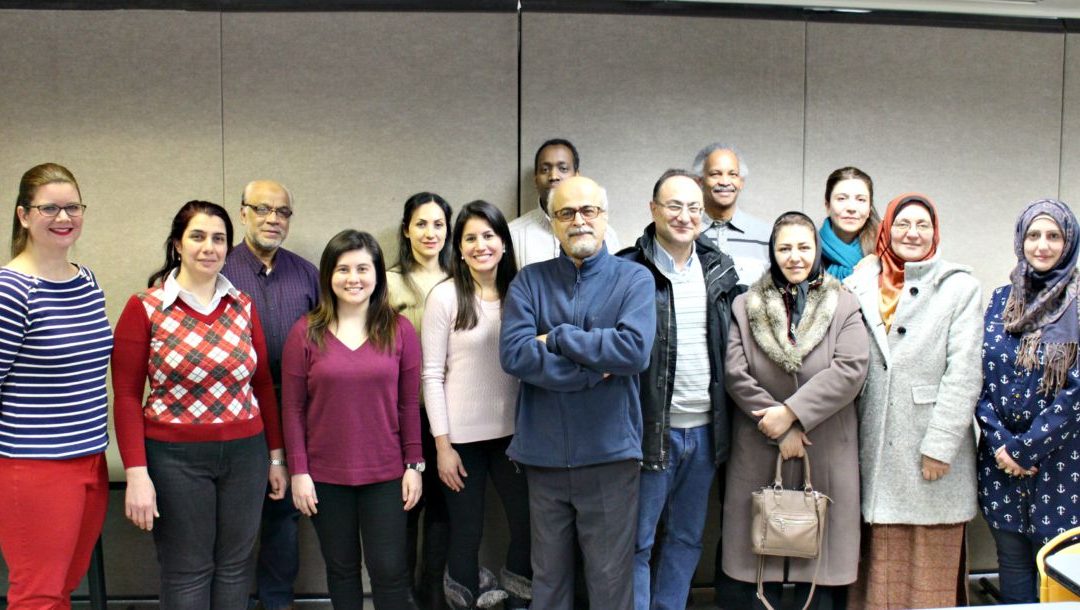Moving to a new country can be a daunting task.
Some people decide to come to Canada because they want to explore new opportunities. For others, it’s a safe haven from poverty or war.
Finding a place to live and a job are two of the most pressing needs most newcomers have when they arrive in Canada.
One of the many programs at the Catholic Centre for Immigrants is the Career Transitions for Health Professionals program. We work with newcomers who have a background in the health care sector. The people coming to us want to remain in the health care sector but might not have the necessary accreditation or licencing to do the same sort of work in Canada as they did in their home country. But that doesn’t mean there aren’t other opportunities for them in the Canadian health care sector.
Program manager Michelle James works with participants to help ease the transition. Part of that work involves providing training opportunities for program participants. The following is a Q&A on our newest training program.
Q. Who is taking the training?
A. This training is available to participants in the Career Transitions program and is designed for health care providers. Program participants can register for one, or all, of the sessions which are held here at the Catholic Centre for Immigrants.
Q. What are the participants learning?
A. The workshops provide information and techniques that health care workers can use when communicating with patients. Motivational interview skills, strength-based care and health literacy, and informed consent are just some of the topics covered during the training.
Q. How will this training help them in the Canadian health care sector?
A. Transitioning into Canada’s patient-centered health care model can be a challenge for those professionals who are new to this type of system. Employers are expecting that care providers are familiar with the Canadian system and concepts like patient self-management. These courses provide valuable insight into Canadian approaches to patient care. Additionally, these skills and concepts are critical in opening a dialogue and establishing a rapport between patients and care providers.
Q. Who is doing the training?
A. Martha Wiggin is part of the Living Healthy Champlain team and has been presenting the training this month. She has over 20 years of experience in health care in Canada and overseas. Learn more about the Living Health Champlain initiative on their website.
Q. Approximately how many health care professionals does Career Transitions work with every year?
A. Approximately 100 health care professionals participate in our program each year, including doctors, nurses, pharmacists, researchers and mental health professionals. The main focus of the program is to assist with transitioning into alternative roles, including management, community outreach, public health and research. This is achieved through opportunities in networking, volunteering and training with employers and community partners.
Q. Can we expect more training sessions in the future?
A. Two half-day training sessions are already scheduled for April. Thanks to a really positive response from our participants, we are working to arrange additional sessions for later in the year.

